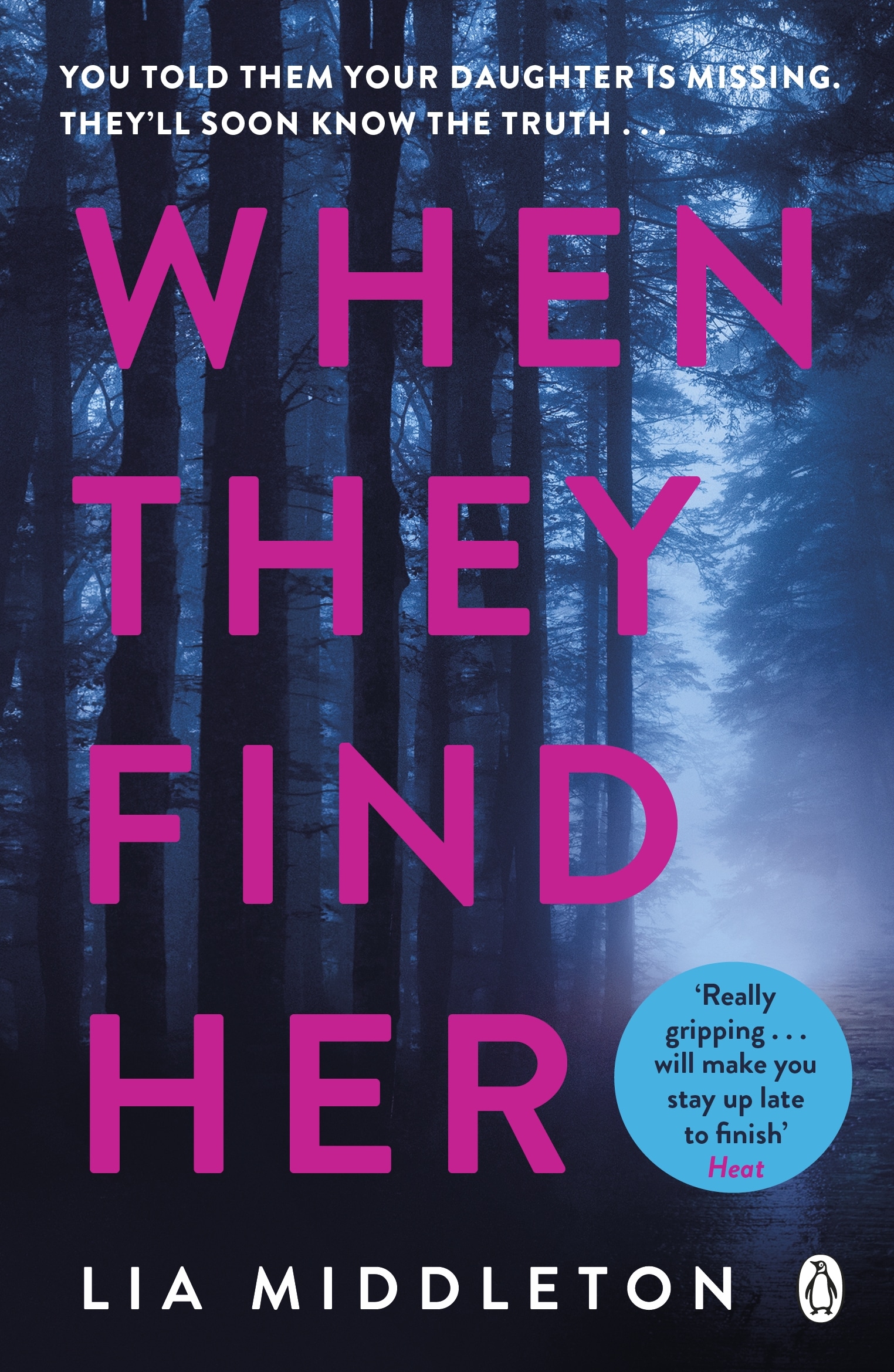Books
Lia Middleton: ‘it is the human element of crime that has always drawn me’
People are sometimes surprised to hear that I ended up working in criminal justice. In my life outside of work, I am highly emotional – a sad song, a film about lost love, even an advert can make me cry. So when I went from studying drama and theatre at university to training to be a barrister, my sights set on criminal law, some people showed concern for how I would cope with the onslaught of cases that are always about some life-changing event – even less serious crimes have a victim somewhere: a life that in some way is changed.
And similar questions have been asked of my writing. When They Find Her is a psychological thriller about a mother who experiences the greatest tragedy of all – and lies about it. So, how is it that I can write about such dark, emotion-fuelled topics when I cry telling a sad story or reading a heart-felt message from a friend?
But my interest in crime began at a young age, years before it would inevitably influence my writing. My father has been a magistrate for thirty years, and when I was ten, I went to watch him at Uxbridge Magistrates’ court. I was immediately fascinated. I watched, taking everything in as the two advocates – the prosecution and the defence – made their legal arguments and examined witnesses. And from then on, I was a regular visitor.
For a long time I couldn’t pin-point what it was that I found so compelling about criminal law. Not just in real life, but also in culture: in books and in film. It was more than the fact that criminal justice is like a microcosm of society, a zoomed-in look at the darker parts of human nature. Then, one day, I was observing a case during my pupillage (the training period for barristers) when a defendant who had been so adamant that he was not guilty, quickly apologised for lying when the magistrates moved on to sentencing. And that’s when it hit me – while I was interested in the mechanics of our justice system, and I adamantly believe in innocent until proven guilty, it is the human element of crime that has always drawn me. The human ability to go so far for self-preservation – to lie.
So when I finally decided to write a novel, something I had dreamed of doing since I was a child, it came as no surprise to me that the idea that formulated in my mind was one that centred around a lie. When They Find Her touches on several topics that are important to me: motherhood, mental health, family, grief – but at its heart, it is the story of a lie. It is a story about a woman and how far she will go to do what she thinks is right – not right in law or morally – but to try to preserve what she holds most dear. It was important for me to place the reader in the mind of a character who makes decisions against all her better judgement: to humanise rather than demonise.
Crime has always, and will always, be an endless well of influence for creators of fiction – it is a window into other worlds, other lives and events that most of us will luckily never have to experience first-hand. Behind every crime, there is a story, sometimes multiple versions of the same story. And people, living their real lives. And that’s what I will always try to reflect in my writing – the reality of crime and all of the lives it affects.




Please note: Moderation is enabled and may delay your comment being posted. There is no need to resubmit your comment. By posting a comment you are agreeing to the website Terms of Use.